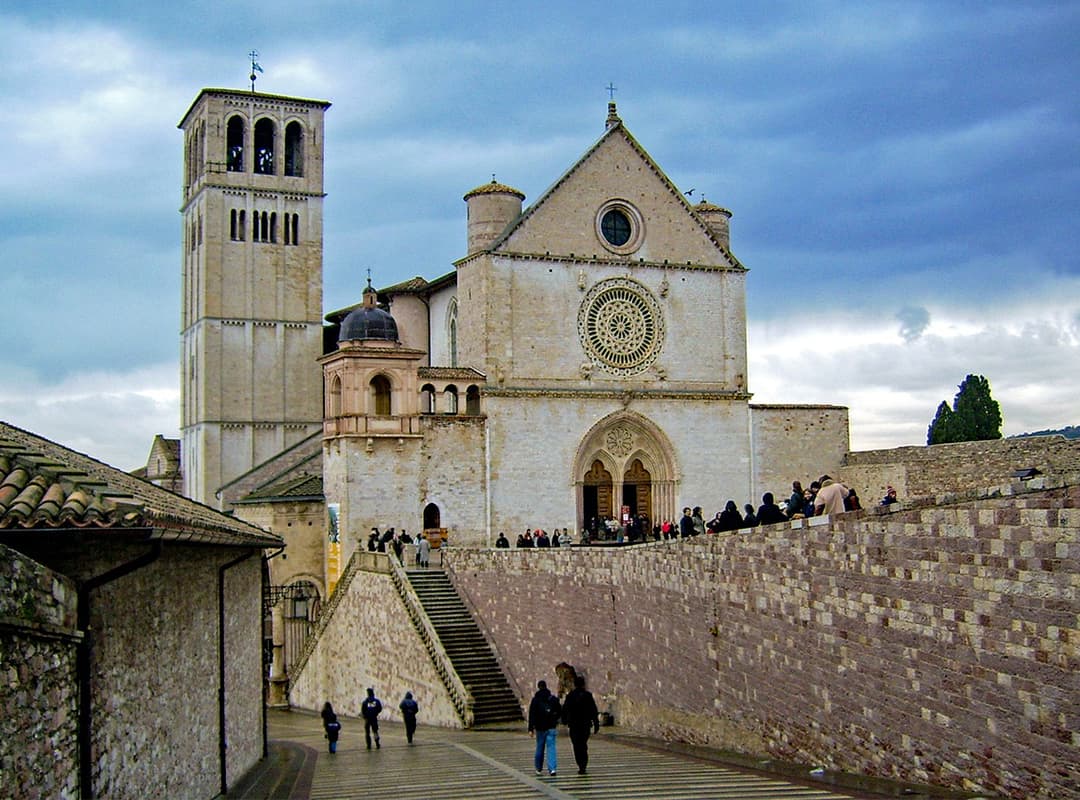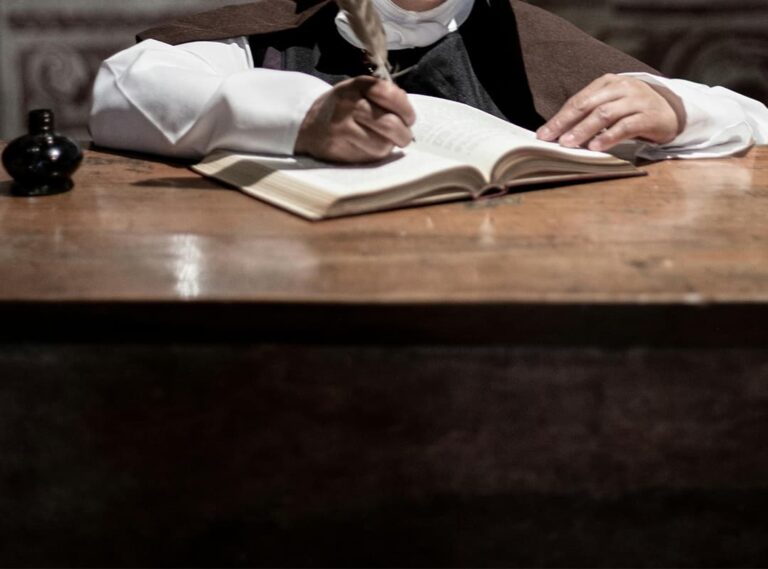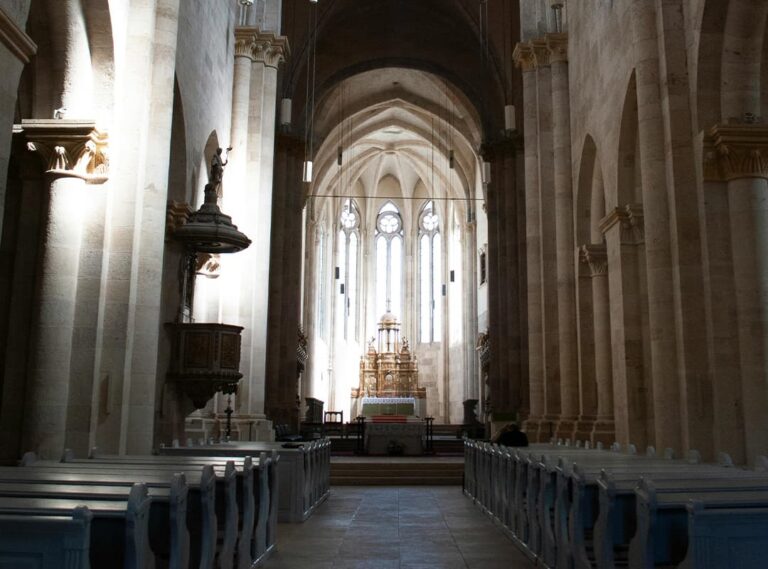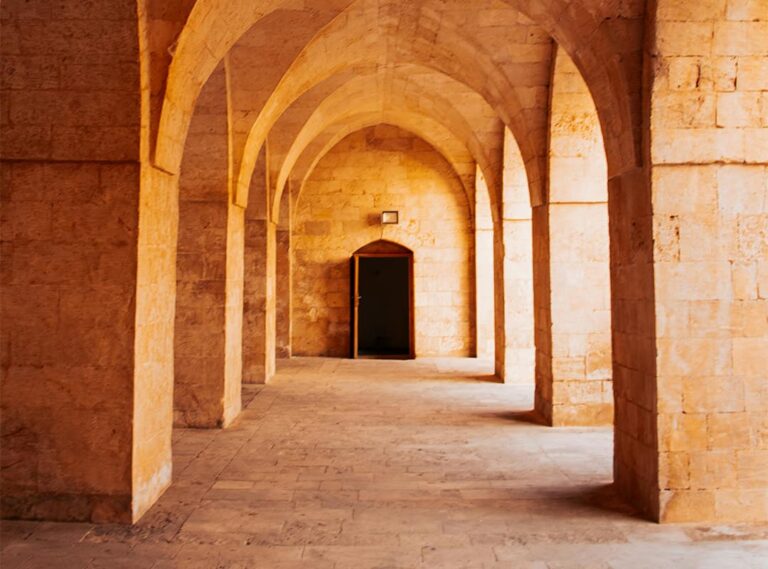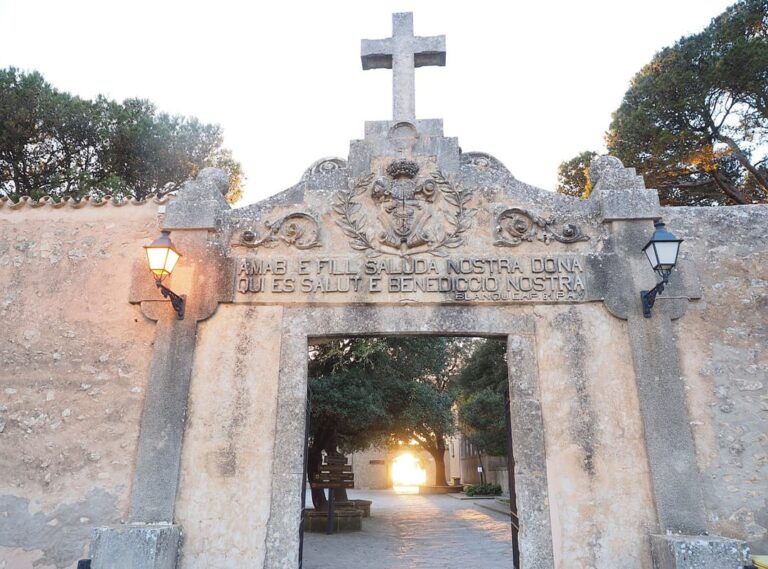The development of medieval universities was a transformative period in European intellectual history, and the Franciscan Order played a significant role in shaping this evolution. Founded by Saint Francis of Assisi in the early 13th century, the Franciscans brought a unique blend of theological rigor and scholarly dedication to the academic institutions of the time. Their influence extended beyond religious life into the realm of education, contributing significantly to the growth and development of medieval universities. This article explores the impact of the Franciscans on these institutions and highlights how their intellectual and spiritual legacy continues to resonate today, including through symbolic places like the Shrine of the Black Madonna.
Historical Context
In the early 13th century, as Europe experienced a renaissance of learning and intellectual activity, the establishment of universities marked a new era of higher education. The University of Paris, the University of Oxford, and the University of Bologna were among the leading centers of learning. During this time, the Franciscans, along with other religious orders such as the Dominicans, became integral to the academic and theological life of these universities.
The Franciscans were dedicated to a life of poverty, humility, and service, which informed their approach to education. They emphasized the importance of theological study and the pursuit of knowledge as means of deepening one’s spiritual life and understanding of God. Their commitment to learning and teaching played a crucial role in shaping the medieval academic landscape.
Contributions to Medieval Universities
- Theological and Philosophical Input
Franciscans brought a distinctive theological perspective to medieval universities. Their emphasis on the importance of understanding Scripture and theology led to the development of rich theological and philosophical curricula. Prominent Franciscan scholars, such as Alexander of Hales, Bonaventure, and Duns Scotus, made significant contributions to scholastic theology and philosophy. Their works addressed complex theological questions and debates, influencing the intellectual climate of the time. - Educational Innovation
The Franciscans were instrumental in developing educational methodologies and curricula that would shape the structure of medieval universities. Their approach to teaching, which combined rigorous academic study with spiritual formation, became a model for integrating intellectual and moral development. They contributed to the formalization of academic disciplines and the establishment of systematic approaches to education. - Founding and Supporting Institutions
The Franciscans were involved in the founding and support of several medieval universities. Their presence in these institutions was not limited to teaching; they also played a role in university governance and administration. The Order’s support helped sustain these universities financially and intellectually, contributing to their growth and influence. - Promotion of Scholasticism
Scholasticism, a method of critical thought that dominated medieval intellectual life, was significantly shaped by Franciscan scholars. This intellectual movement sought to reconcile Christian theology with classical philosophy, and the Franciscans were key figures in its development. Their scholarly works and debates laid the groundwork for many of the theological and philosophical frameworks used in medieval universities.
Legacy and Symbolism
The influence of the Franciscans on medieval universities has left a lasting legacy in the academic world. Their contributions to theology, philosophy, and educational practices continue to be studied and respected in contemporary scholarship. The principles of academic rigor, intellectual humility, and a commitment to service that the Franciscans championed remain relevant in modern educational contexts.
Places like the Shrine of the Black Madonna serve as symbolic anchors in this legacy. The Black Madonna, often associated with divine protection and grace, represents a deep spiritual connection that resonates with the values of humility and devotion championed by the Franciscans. The shrine, as a site of pilgrimage and reflection, embodies the intersection of spiritual and intellectual pursuits, echoing the Franciscan commitment to integrating faith with learning.
The Franciscan Order’s impact on the development of medieval universities was profound and multifaceted. Through their contributions to theology, educational innovation, and institutional support, the Franciscans played a key role in shaping the academic and intellectual life of the Middle Ages. Their legacy continues to influence modern education, reflecting the enduring relevance of their principles. The Shrine of the Black Madonna symbolizes this enduring connection between spirituality and intellectual pursuit, reminding us of the rich history and ongoing influence of the Franciscan tradition in higher education.
